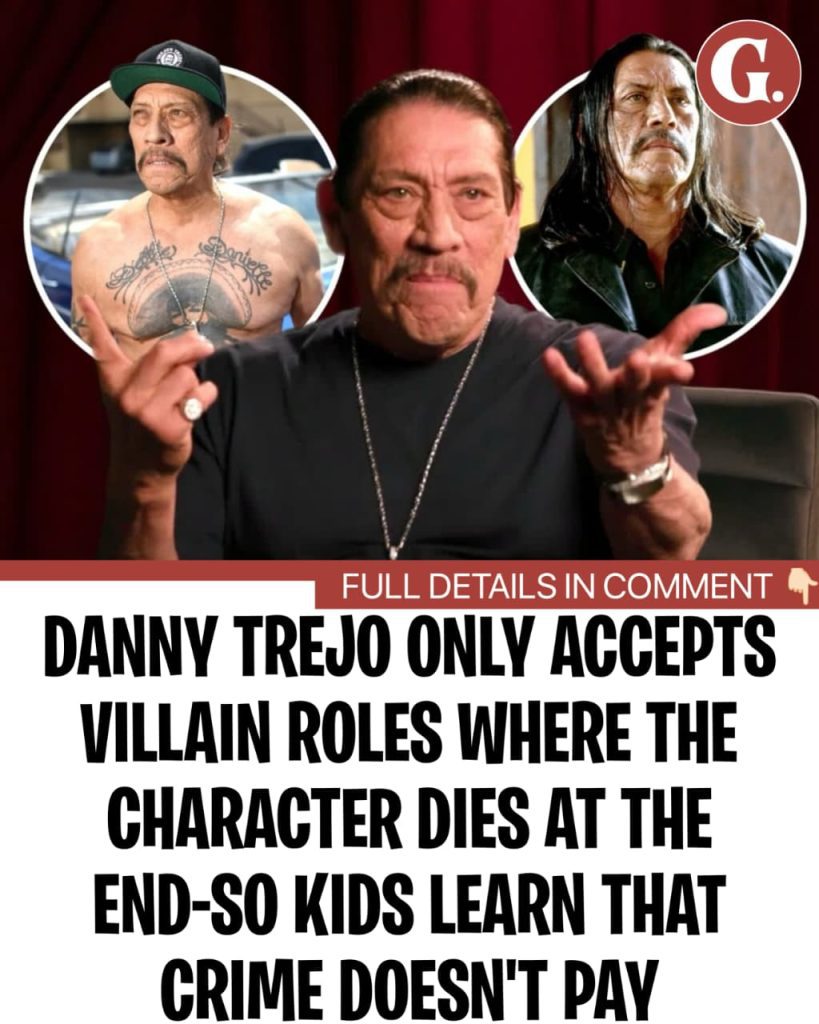Why Danny Trejo Made Every Villain He Played Die on Screen—and the Powerful Lesson He Wanted Kids to Learn
Danny Trejo is one of those actors you instantly recognize. His face, marked by a life of hardship and survival, has become iconic in films filled with action, crime, and grit. From Desperado to Machete, his roles have often been violent, intimidating, and unforgettable. But behind that tough-guy persona is a man who made a remarkable choice early in his acting career—a personal code that gave his characters unexpected moral weight. Trejo insisted that if he was going to play the villain, that villain had to die by the end of the film. It wasn’t about ego, it wasn’t about cinematic flair—it was about sending a message to kids who might be watching: crime doesn’t pay, and the bad guy never wins.
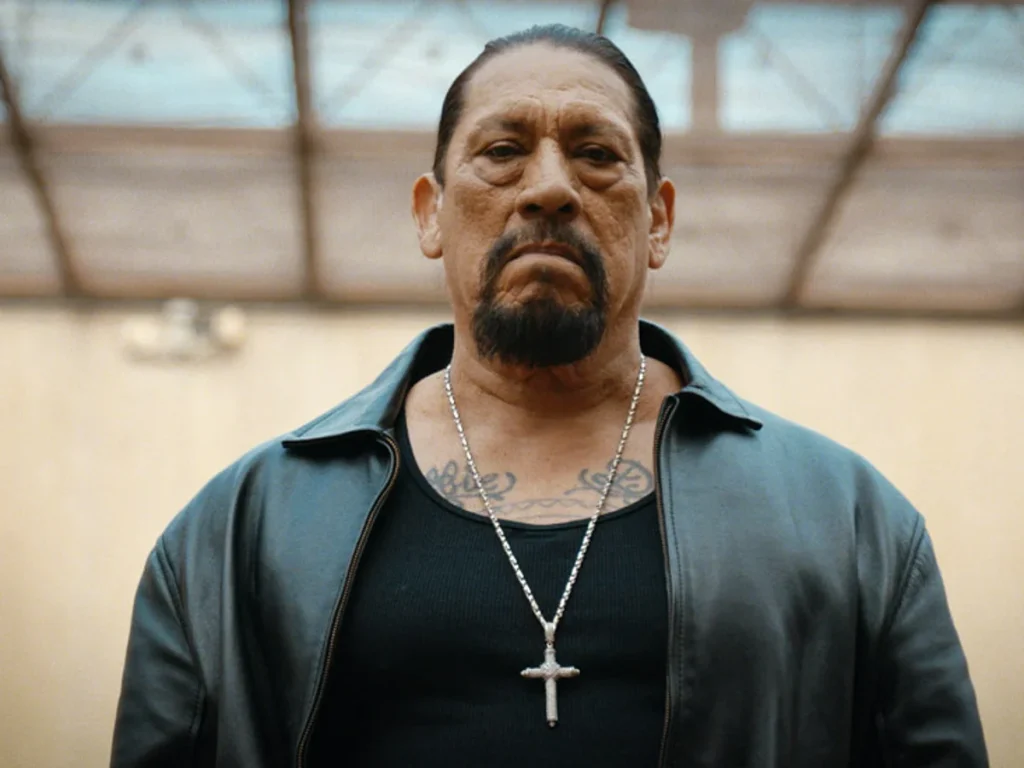
This decision wasn’t just a casual thought for Trejo. It was something he took so seriously that he even had it written into his contracts. If producers wanted him to play the bad guy, fine—but they had to accept that by the end of the story, that character wouldn’t make it out alive. In Hollywood, where actors often fight for longer screen time or sequel potential, Trejo’s rule was unusual. But it also made him stand out. While many actors were simply content to take whatever role came their way, Trejo wanted his performances to do more than entertain—he wanted them to teach.
For Trejo, this wasn’t about preaching from a pedestal. It came from lived experience. Before his acting career, he had spent years struggling with addiction, crime, and time behind bars. He knew firsthand the damage crime could do, not just to an individual, but to families and communities. When he got sober and turned his life around, acting became both a career and a platform. He wasn’t trying to glamorize the lifestyle he once lived—he wanted to warn others about it. By making sure his villains met a fatal end on screen, he sent a powerful, visual message: if you choose this life, it will catch up to you.
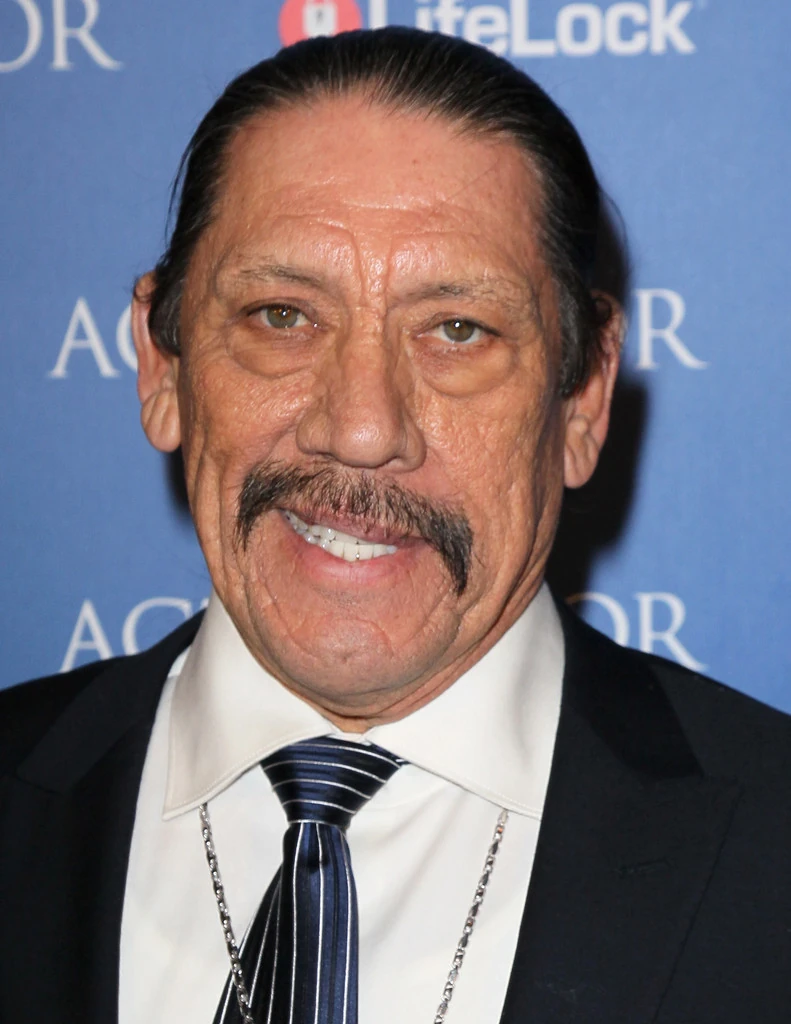
It’s fascinating to think about how this choice shaped his career. Audiences came to associate him not just with terrifying bad guys, but with characters who always faced consequences. That gave his roles a sense of realism. In a way, Trejo’s villains became anti-glamorous. They might be intimidating or cool on the surface, but the story never let them walk away victorious. In an industry that often glorifies antiheroes and makes villains magnetic, Trejo’s code quietly resisted that trend.
Over time, of course, Trejo expanded his roles. He didn’t stay locked into only playing the doomed bad guy. Films like Spy Kids allowed him to become a hero figure for younger audiences, while his appearances in comedies and family-friendly projects showed a softer side. But those early rules, the ones he set when he was just getting started, helped define him. They gave him an authenticity and integrity that went beyond the roles themselves. Viewers sensed it, even if they didn’t know the behind-the-scenes reason.
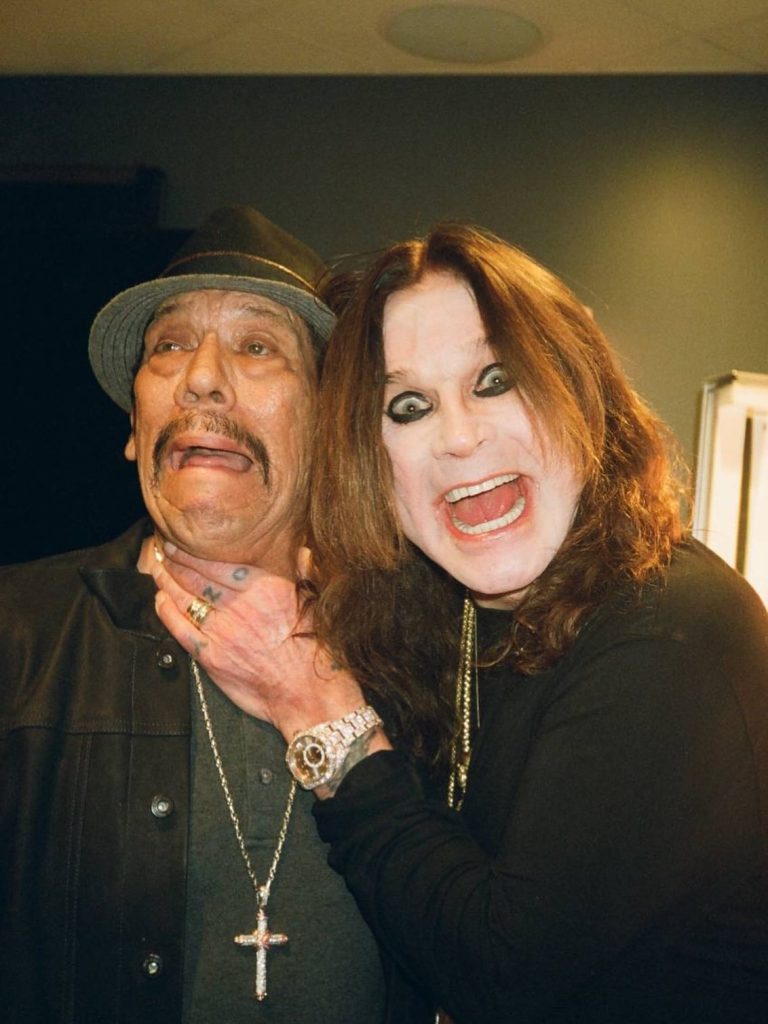
What’s even more inspiring is how consistent Trejo has been in his message outside of Hollywood. Beyond acting, he’s become known for his work in communities, speaking to kids, recovering addicts, and former prisoners about making better choices. He often talks about how his own redemption was possible because someone believed in him and because he chose a different path. His acting career and his personal outreach reflect the same principle: that no matter how tough or lost someone seems, there’s always a chance to turn things around—but only if you stop before it’s too late.
There’s also something deeply symbolic about an actor who’s appeared in more on-screen deaths than almost anyone else in Hollywood history making that choice deliberately. Trejo has been reported as one of the actors with the most recorded movie deaths. Each time, it wasn’t just another role, but another visual reminder of what he believed in. His characters might terrify or dominate the screen, but in the end, they’d always pay the ultimate price.
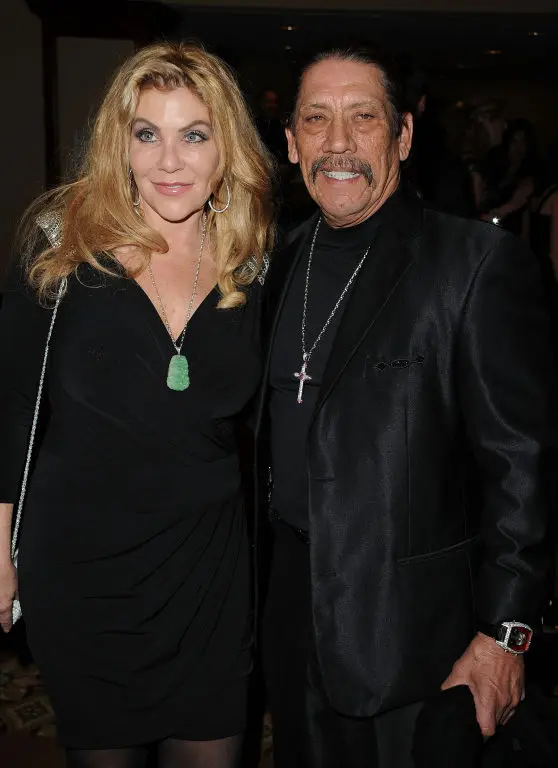
This approach set him apart not just as an actor, but as a man who lived with purpose. For him, art wasn’t separate from responsibility. He carried his past into his work, not as a badge of shame, but as proof of how far he had come and how determined he was not to let kids make the same mistakes he once did. He often says that everything good in his life—from movies to friendships to even owning his own restaurants—came from helping others. His on-screen rule about villains dying fits neatly into that same philosophy. It wasn’t about punishment—it was about using every tool he had, even Hollywood scripts, to steer people away from the road he once walked.
When you look back on Danny Trejo’s career, it’s easy to get caught up in the countless action scenes, the explosions, and the bloody finales. But beneath all that is a surprisingly tender truth: here was a man who took the roles he was given and transformed them into something bigger than entertainment. He turned them into warnings, lessons, and symbols of consequence. For every kid who watched one of his films and saw the bad guy lose, maybe it planted a seed. Maybe it made crime look less like an adventure and more like a dead end. That was Trejo’s hope, and it’s hard not to admire the foresight.
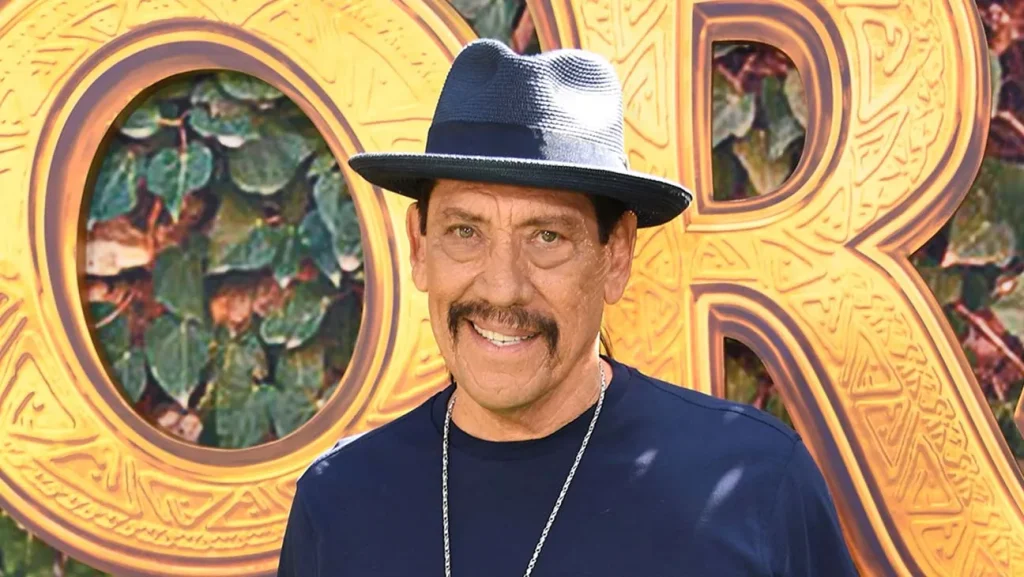
Today, Trejo continues to inspire not just through film but through his work in communities, his recovery story, and his larger-than-life personality that mixes toughness with genuine kindness. Hollywood is filled with actors who play bad guys. But how many can say they built an entire career rule around making sure those bad guys never walked away? Trejo’s story proves that sometimes the smallest decisions—like a contract clause—can carry the deepest meaning.
